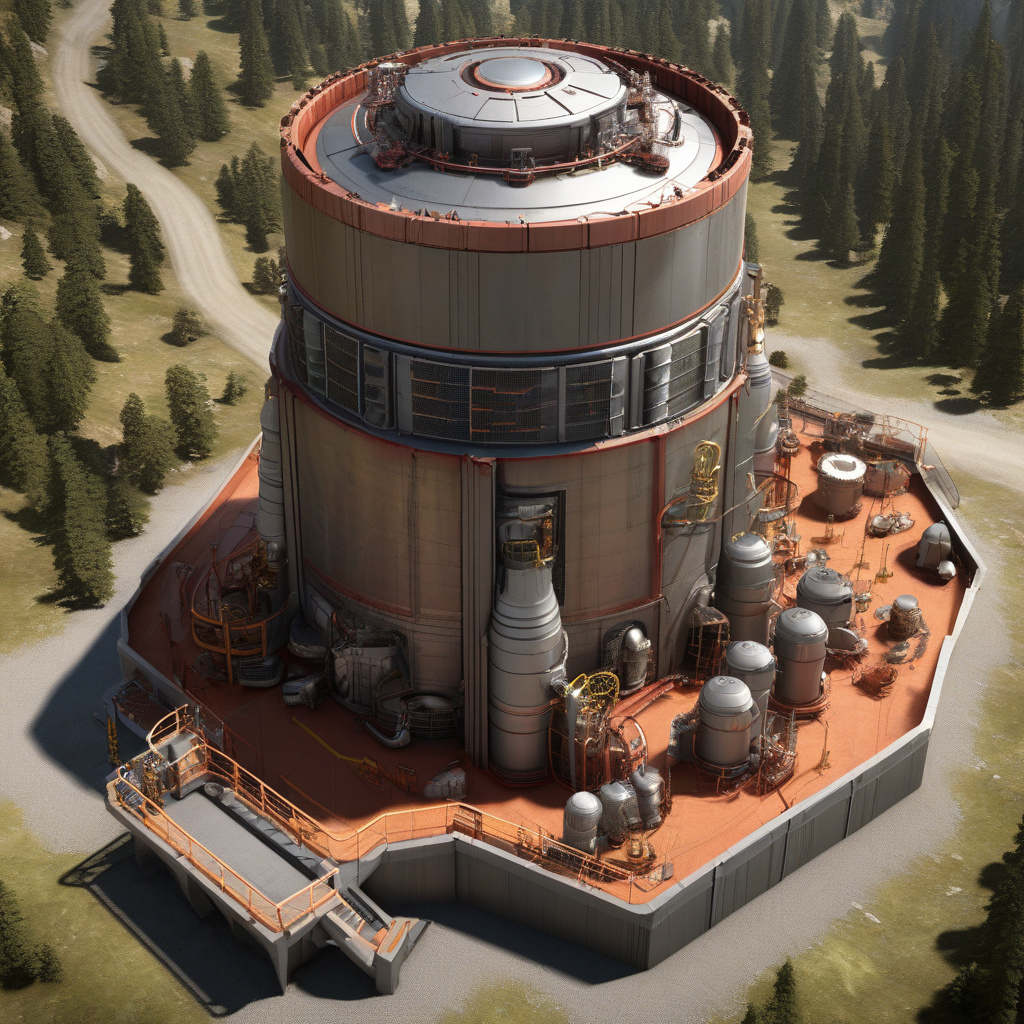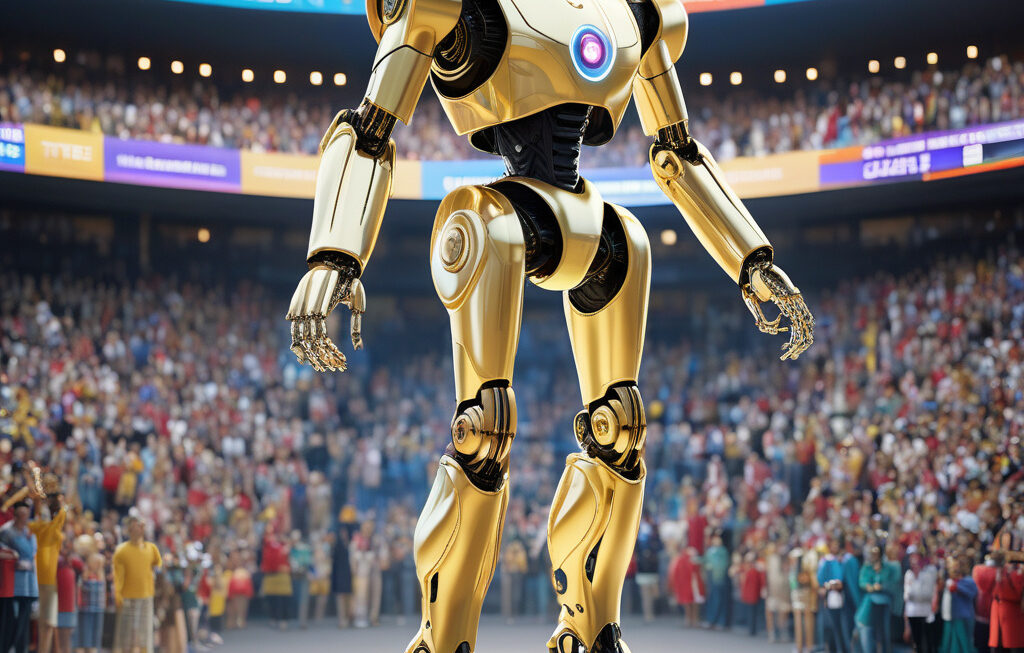Mini MARVEL: First US Nuclear Reactor in 50 Years Targets Remote Power and Heat
The US Department of Energy (DOE) is making strides in nuclear innovation by inviting private-sector nuclear developers to submit proposals for experiments at the Microreactor Applications Research Validation & EvaLuation (MARVEL) project. This initiative marks the first time in 50 years that the United States is actively pursuing the development of a new nuclear reactor technology. With a focus on providing remote power and heat solutions, Mini MARVEL represents a significant step towards a more sustainable and resilient energy future.
The concept of miniaturized nuclear reactors is not new, but recent advancements in technology and growing concerns about climate change have reignited interest in this area. Mini MARVEL aims to leverage these innovations to create a compact, modular reactor that can be deployed in remote locations, such as military bases, disaster relief areas, and isolated communities. By harnessing the power of nuclear energy, these mini reactors have the potential to provide a reliable and carbon-free source of electricity and heat, reducing the dependence on fossil fuels and lowering greenhouse gas emissions.
One of the key advantages of mini nuclear reactors is their scalability. Unlike traditional large-scale nuclear power plants, which require extensive infrastructure and long lead times to build, mini reactors can be manufactured off-site and transported to their destination for installation. This not only reduces construction costs but also allows for quicker deployment, making them an attractive option for areas in need of rapid energy solutions.
Furthermore, mini reactors offer enhanced safety features compared to their older counterparts. Advanced designs incorporate passive cooling systems and other innovative technologies to mitigate the risk of accidents and ensure the protection of both the environment and the surrounding communities. These safety measures, coupled with rigorous regulatory oversight, are designed to instill public confidence in the technology and pave the way for its widespread adoption.
In addition to power generation, mini nuclear reactors also have the potential to provide district heating solutions, further increasing their utility and value. By utilizing the excess heat produced during the nuclear fission process, these reactors can supply hot water and space heating to residential and commercial buildings, reducing the overall energy consumption and carbon footprint of the community.
The MARVEL project represents a significant opportunity for private-sector nuclear developers to showcase their innovative technologies and contribute to the advancement of nuclear energy in the United States. By partnering with the DOE on this initiative, companies can access valuable resources, expertise, and funding to support their research and development efforts, ultimately bringing their concepts from the drawing board to real-world applications.
As the global demand for clean and reliable energy continues to grow, initiatives like Mini MARVEL are crucial for driving innovation in the nuclear industry and expanding the role of nuclear power in the energy mix. By embracing new technologies and collaborations, the United States can position itself as a leader in advanced nuclear reactor development and pave the way for a more sustainable future.
In conclusion, the Mini MARVEL project represents a significant milestone in the US nuclear industry, marking the first steps towards the development of a new generation of miniaturized nuclear reactors. With a focus on remote power and heat solutions, this initiative has the potential to revolutionize the way we think about nuclear energy and its applications. By fostering collaboration between the public and private sectors, the MARVEL project paves the way for a brighter and more sustainable energy future for generations to come.
US Department of Energy, MARVEL project, nuclear energy, clean technology, sustainability












